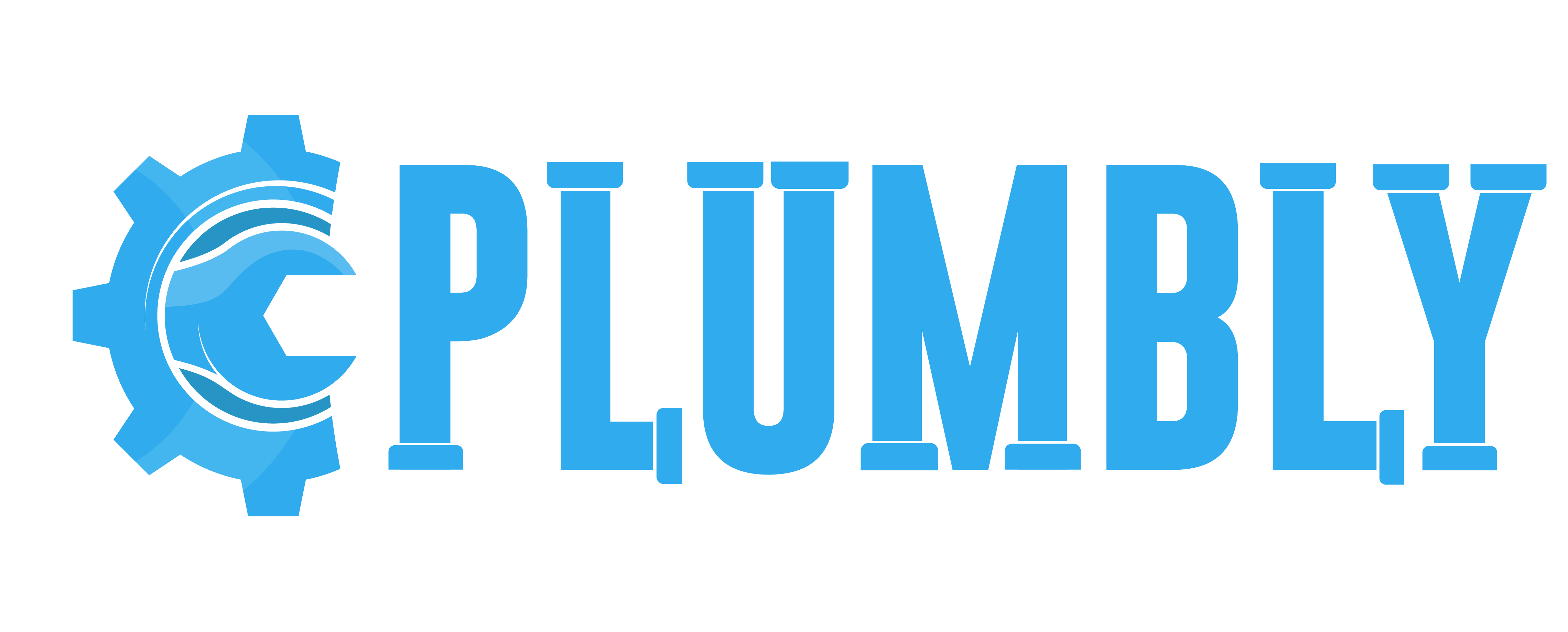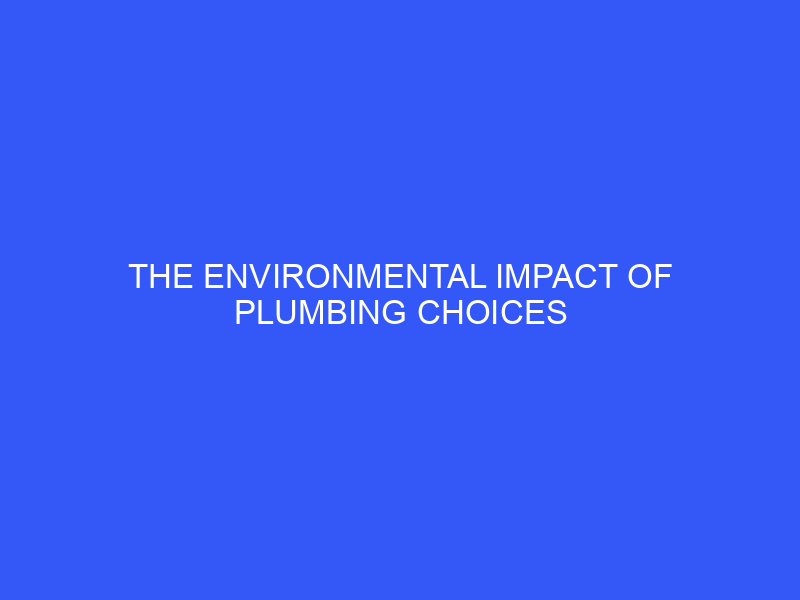Plumbing plays a huge part in our regular routines, from providing fresh water for drinking and cleaning to securely discarding wastewater. In any case, the decisions regarding our plumbing frameworks can have sweeping environmental consequences. In this blog entry, we’ll explore the natural effects of different plumbing choices and examine ways of settling on eco-friendly decisions for your home.
The Hidden Costs Of Water Waste
Water waste is one of the most critical environmental problems associated with plumbing. Water waste occurs in many homes due to obsolete fixtures, leaks, and ineffective procedures. Think about the following elements:
- Old Fixtures: Compared to more recent, water-efficient models, older showerheads, faucets, and toilets frequently consume much more water. Water savings can be significant when these fixtures are replaced.
- Leaky Pipes: Each year, hundreds of gallons of water might be lost due to undiscovered leaks. Water waste can only be avoided with prompt repairs and routine plumbing inspections.
- Overconsumption: Do you run the faucet while brushing your teeth or take a long time in the shower? These behaviours add to the wasteful usage of water. Minor behavioural adjustments can have a significant impact.
The Rise of Green Plumbing
Fortunately, more people are becoming conscious of the need for environmentally friendly plumbing solutions. Green plumbing techniques can lessen their negative effects on the environment in the following ways:
- Low-Flow Fixtures: Water usage can greatly decrease without compromising performance by installing low-flow showerheads, faucets, and toilets.
- Tankless Water Heaters: By heating water only when needed, tankless water heaters do away with the energy waste of maintaining a standard water heater’s tank at a constant temperature.
- Greywater Systems: By collecting and treating wastewater from showers, sinks, and laundry, greywater recycling systems can reduce the amount of freshwater used for irrigation.
The Problem with Chemical Drain Cleaners
Even though chemical drain cleaners are often used to unclog drains, your plumbing system and the environment may be in danger. These corrosive substances have the potential to pollute water supplies and erode pipelines over time. When dealing with blockages, consider using natural remedies or hiring a plumber.
Takeaway
Our plumbing decisions can have long-term effects on the ecosystem. We can lessen our water footprint and help create a more sustainable future by adopting water-saving fixtures, environmentally friendly technologies, and conscientious maintenance procedures. Remember that every drop matters in the fight to protect our priceless natural resources.
Using green plumbing techniques can result in reduced water costs and a more effective plumbing system in your house, in addition to being good for the environment. There are benefits for your family and the environment alike.
FAQ’S
What is the importance of plumbing in the society?
Plumbing can be used to remove liquids and trash and collect, move, and dispose of clean water. Plumbers ensure waste disposal is done safely and effectively in plumbing systems. This allows you to remove dangerous impurities from your clean water.
What are the two main objectives of plumbing?
A plumbing system’s primary goal is to remove all wastewater while providing clean water to all residential and business buildings. These two elements will cooperate to improve everyone’s health comfortably and securely.
Which plumbing system parts are the most critical ones?
Pipes are the most basic part of a plumbing system. They are liable for the conveyance of clean water and wastewater evacuation. Pipes come in various materials like PVC, copper, and galvanized steel.


